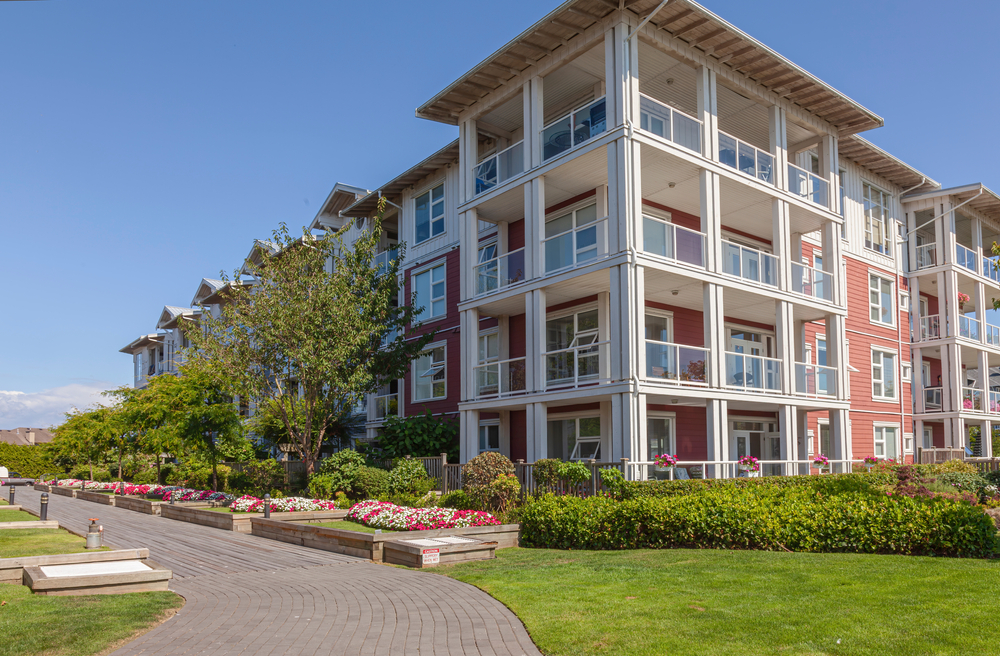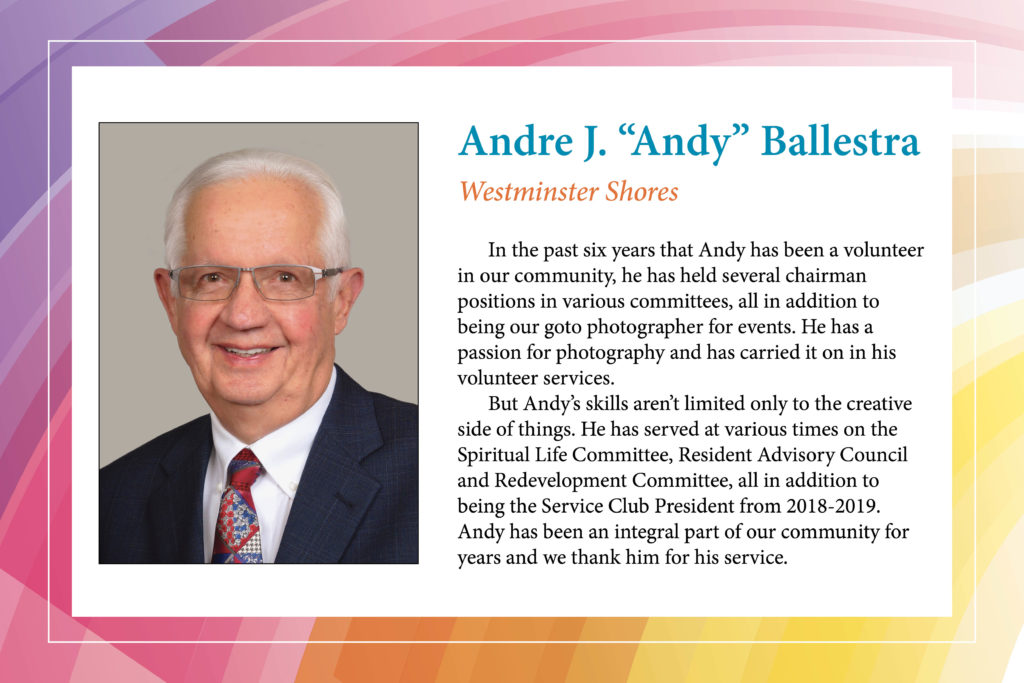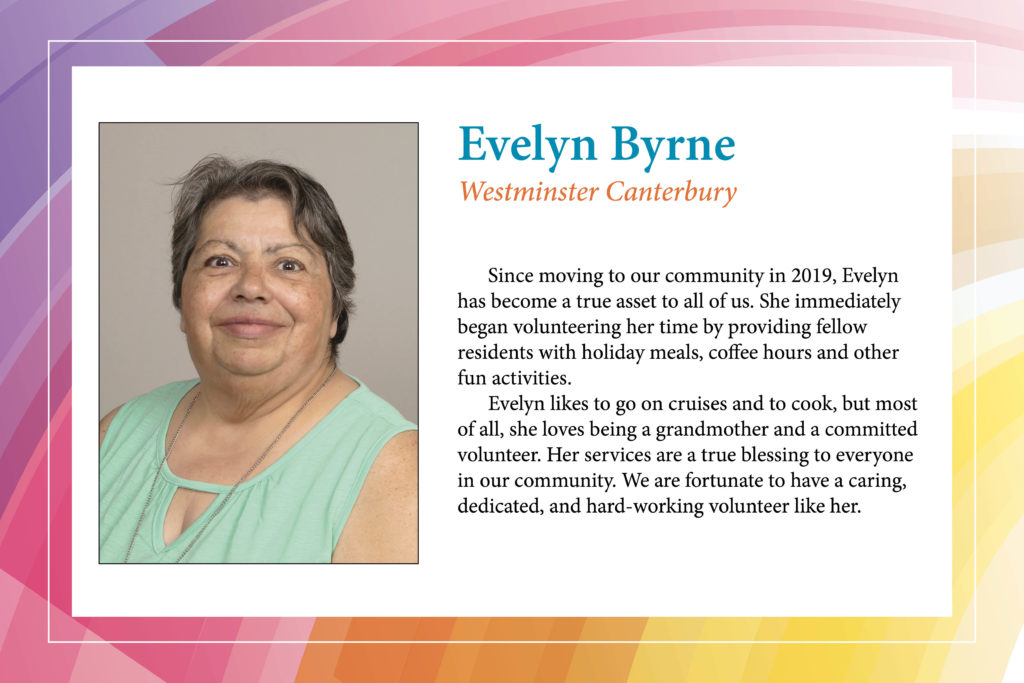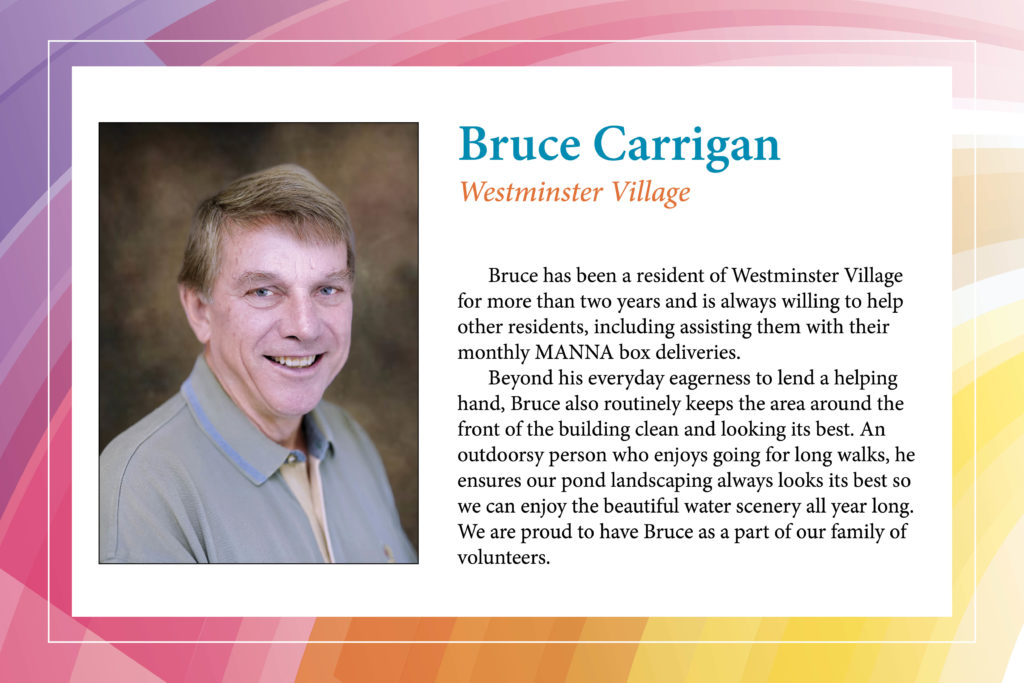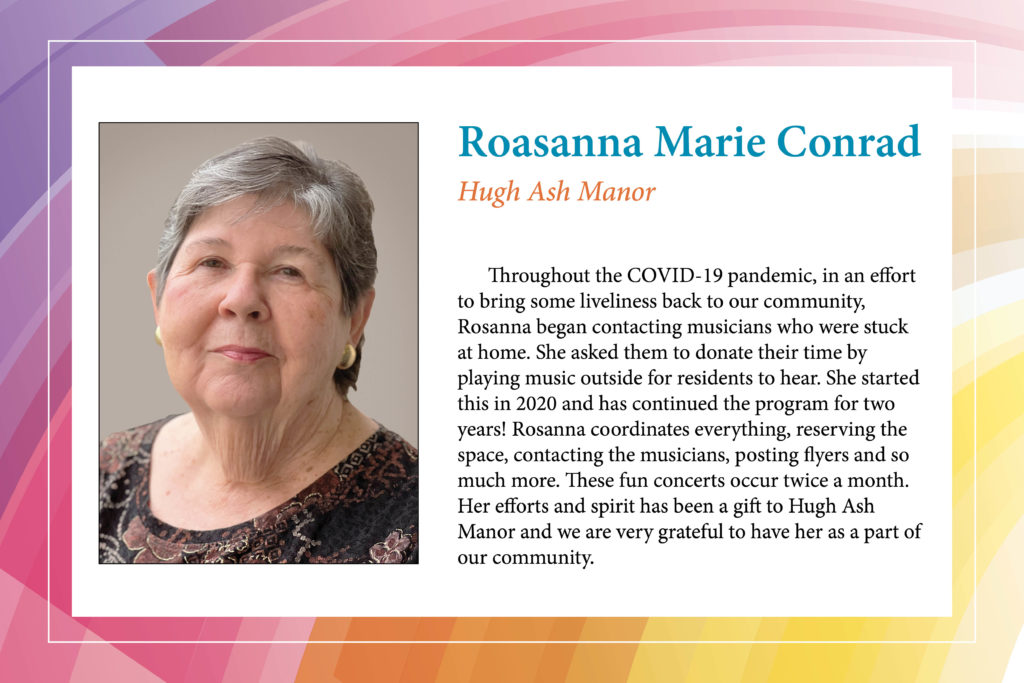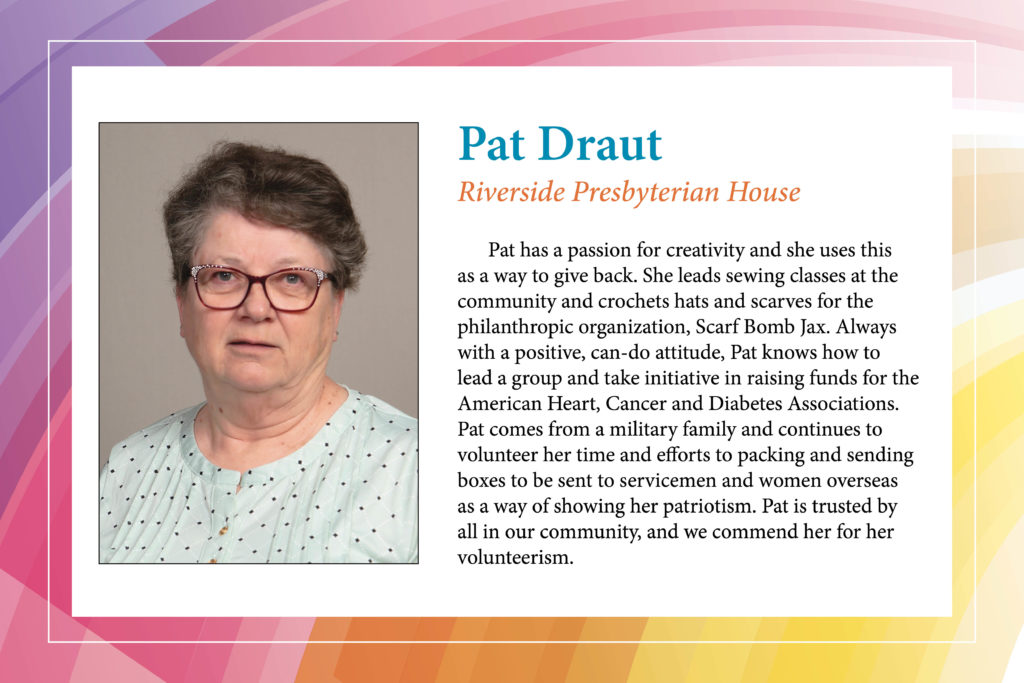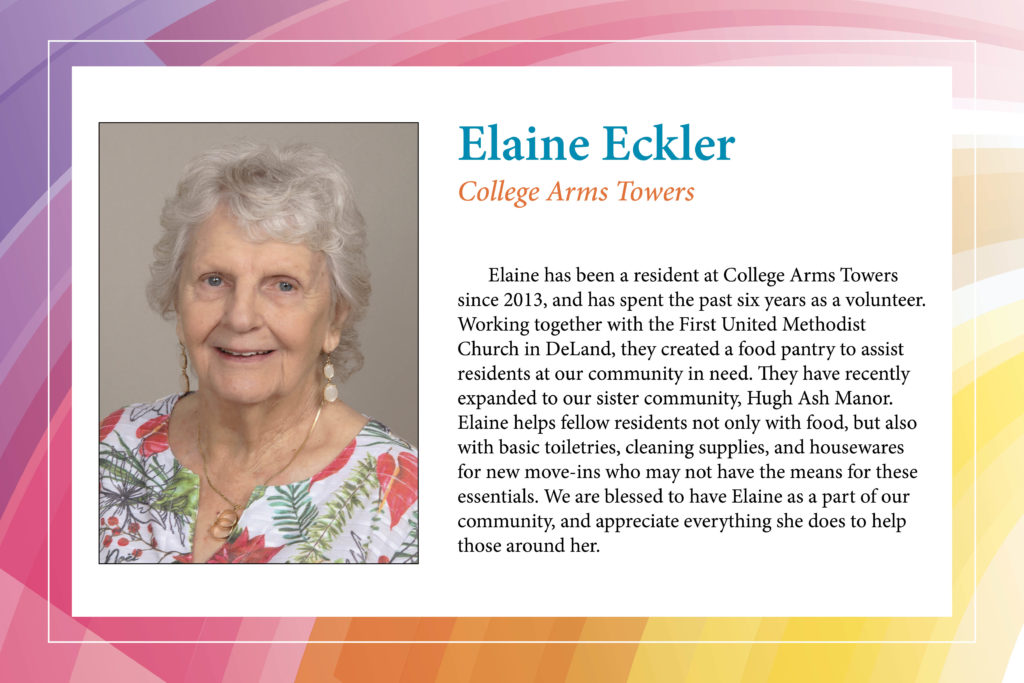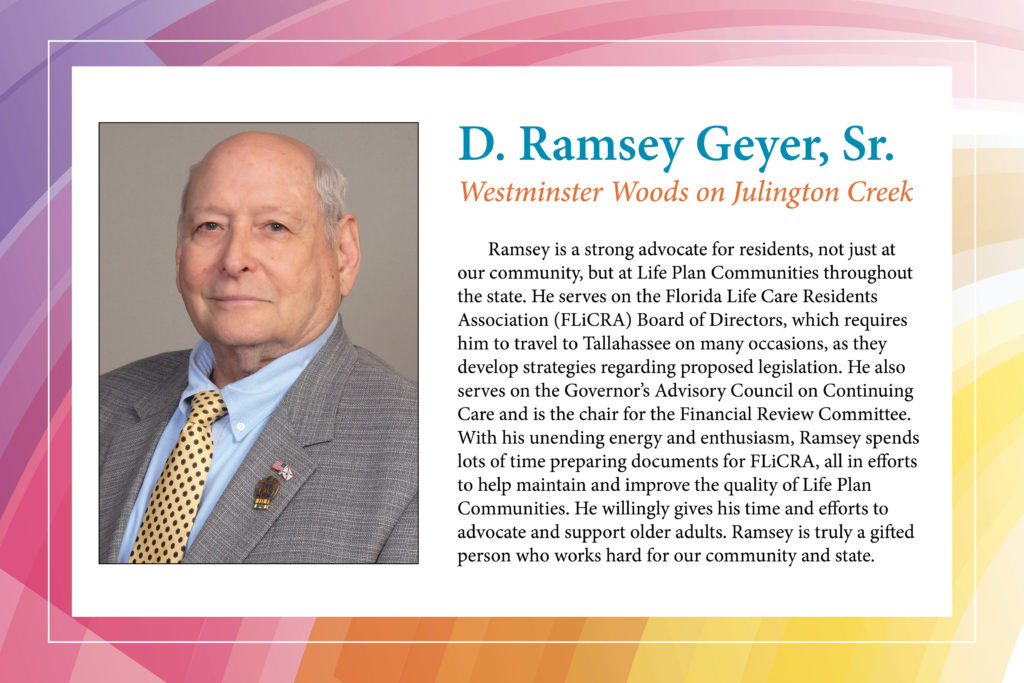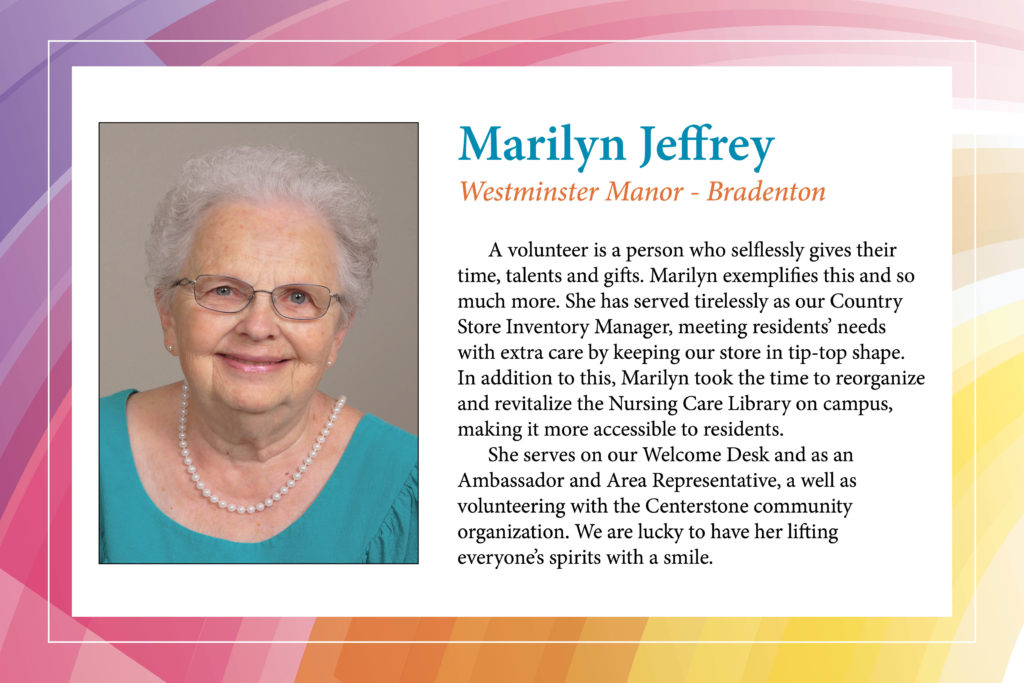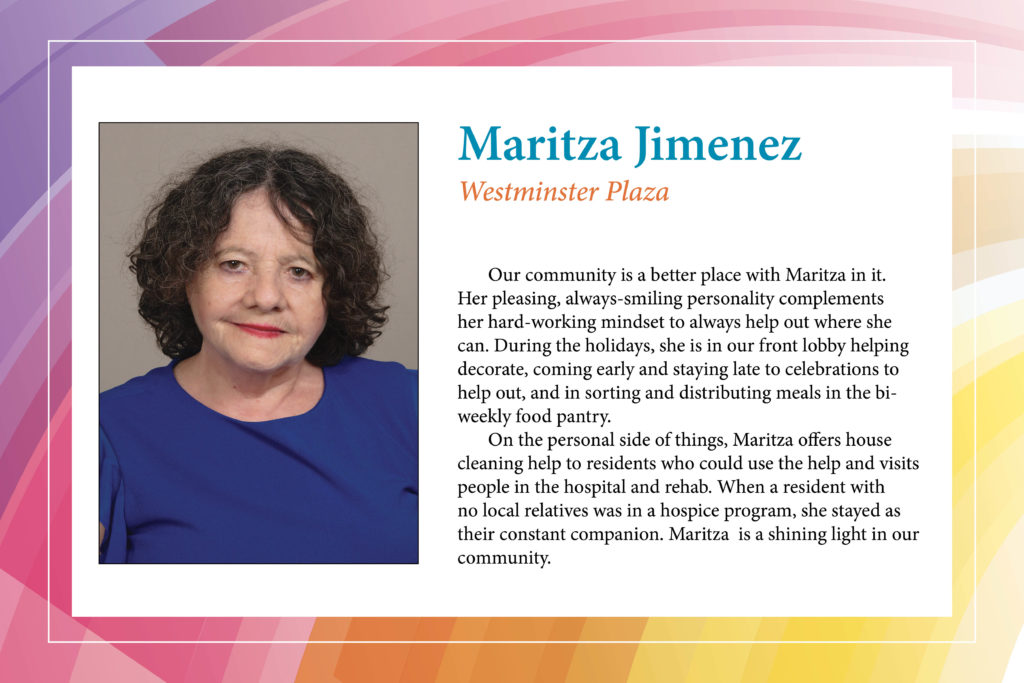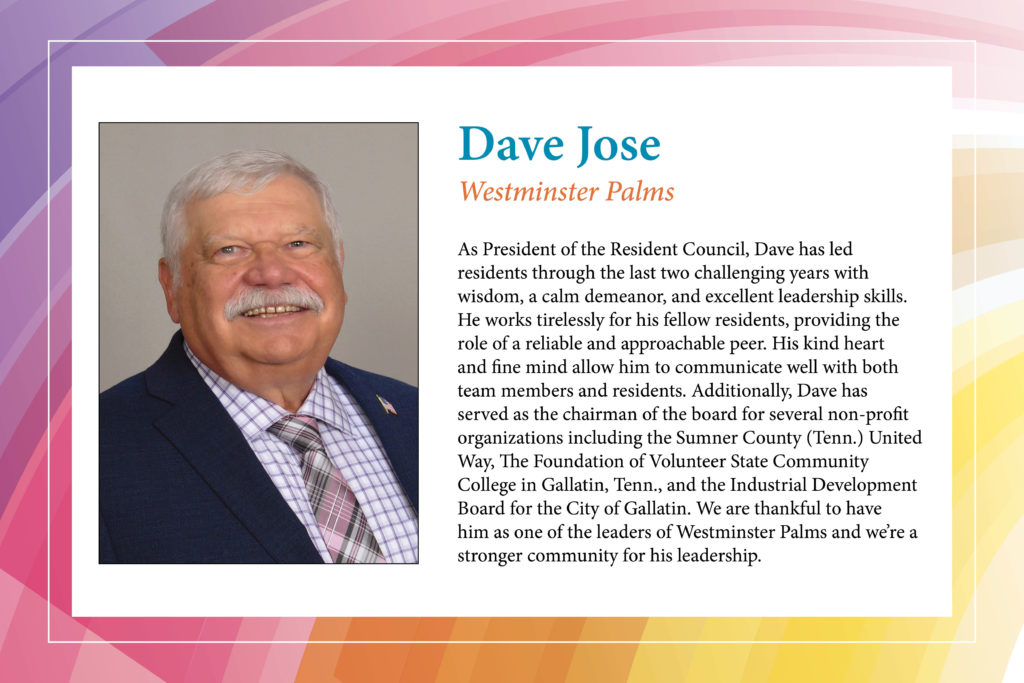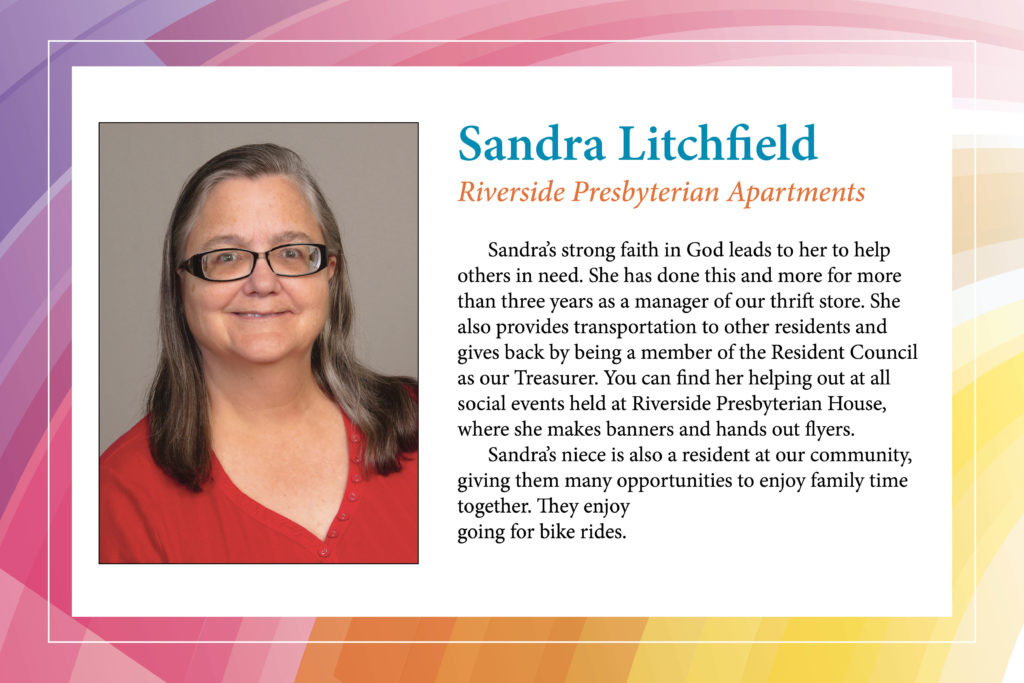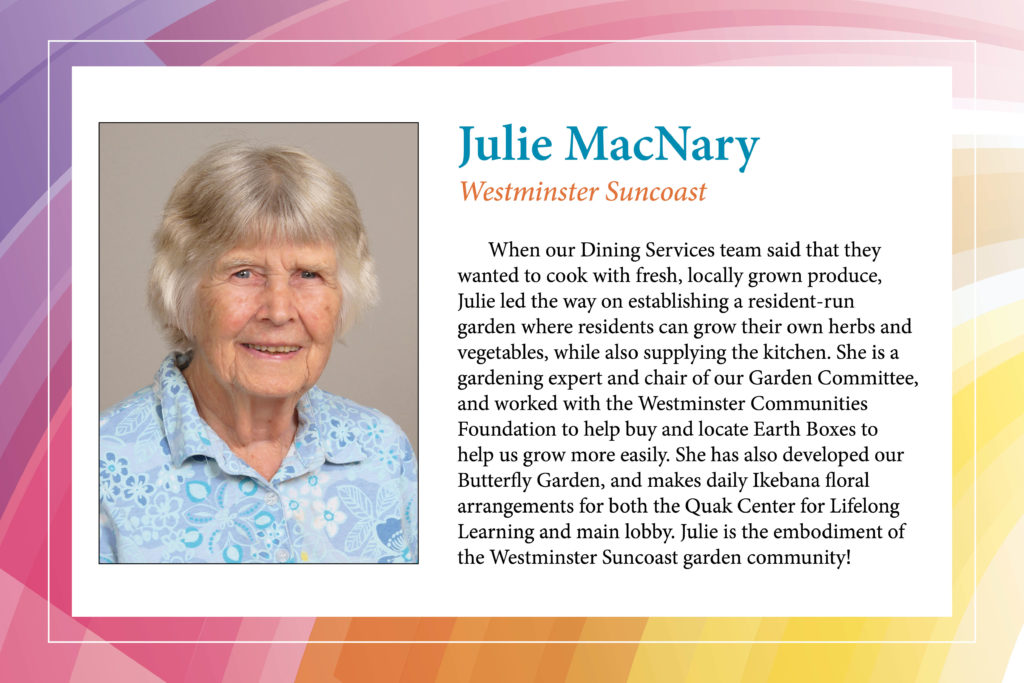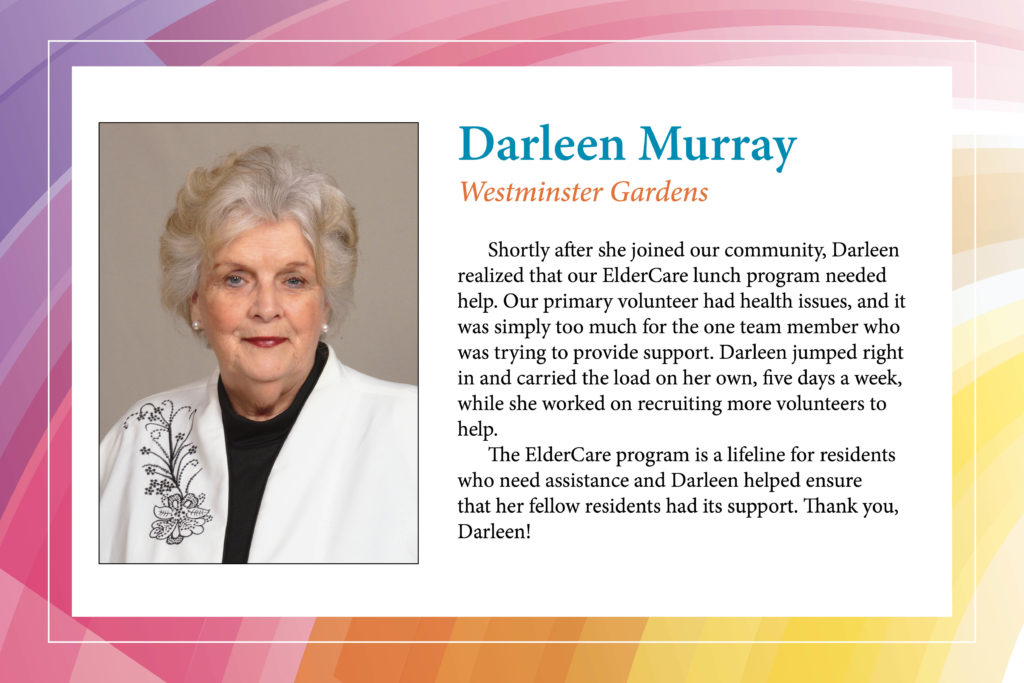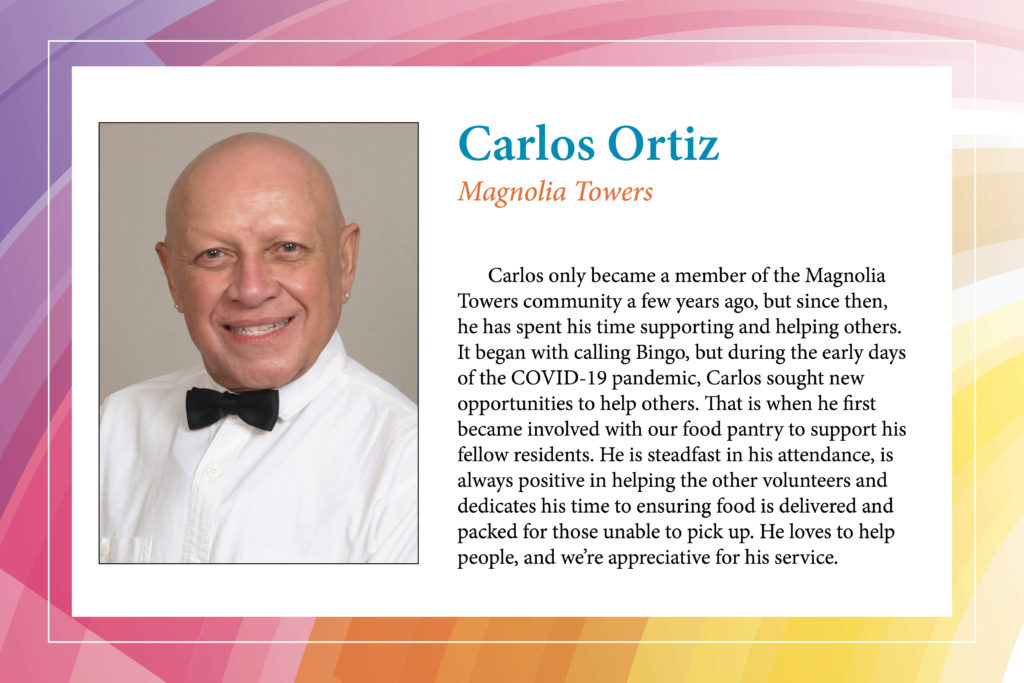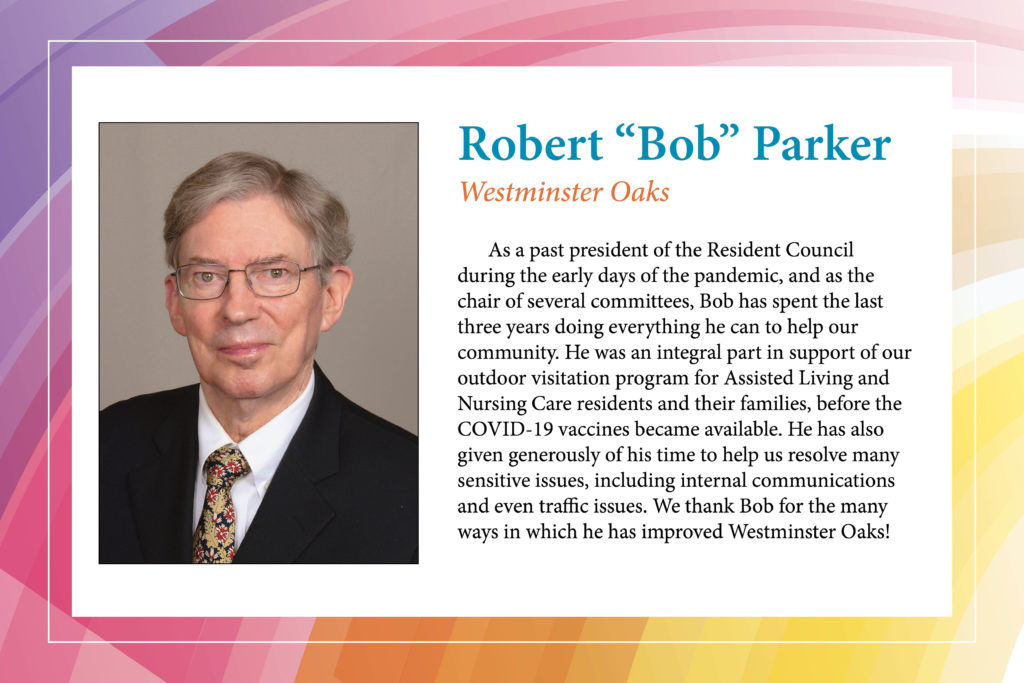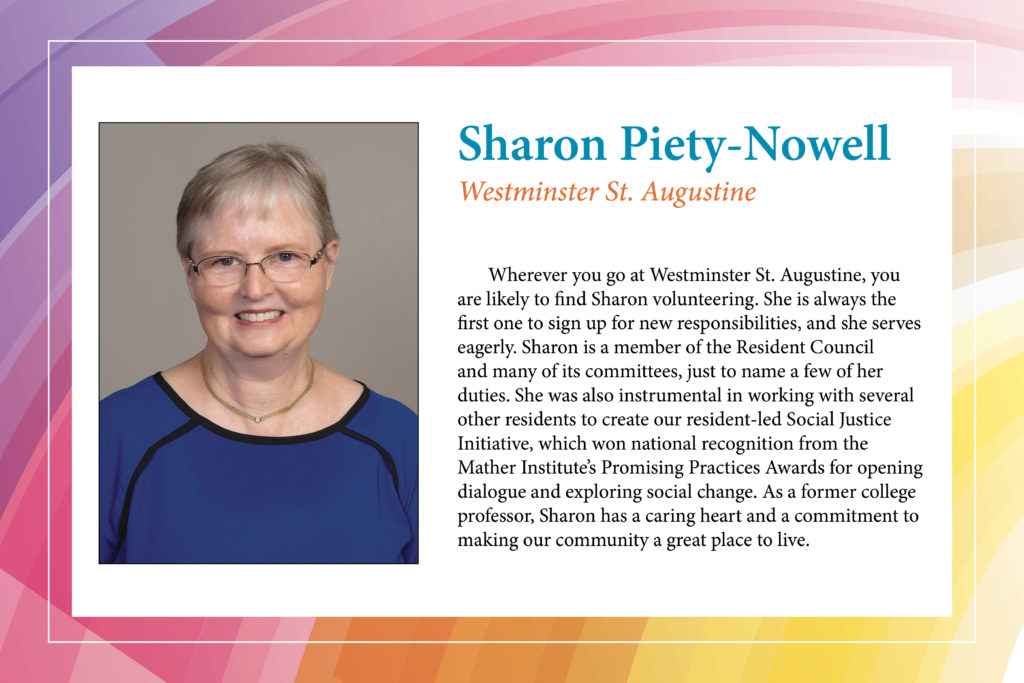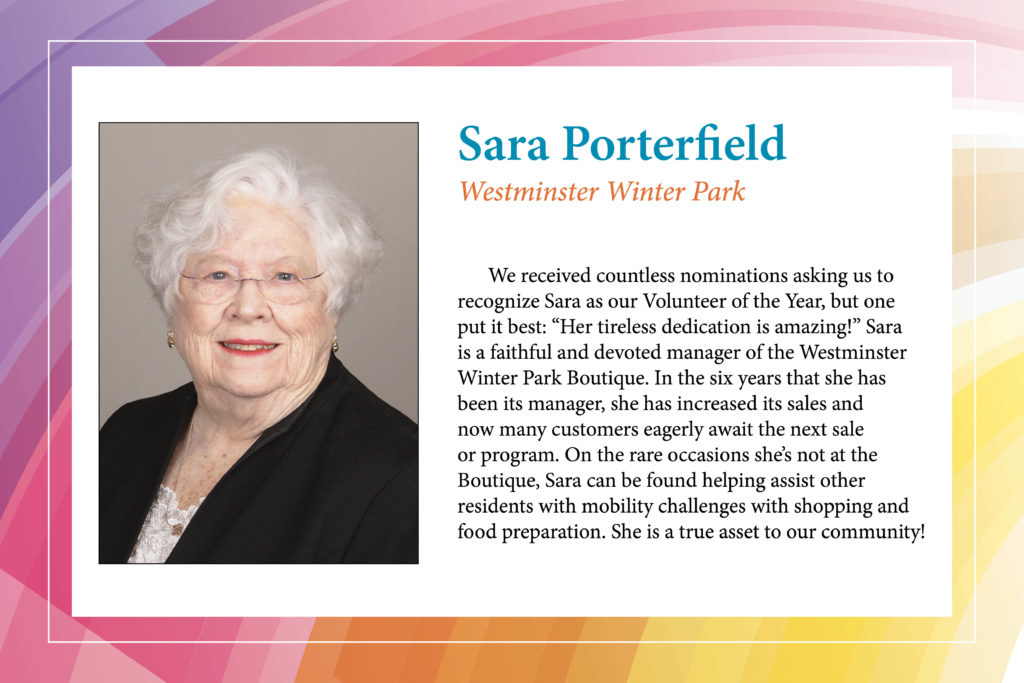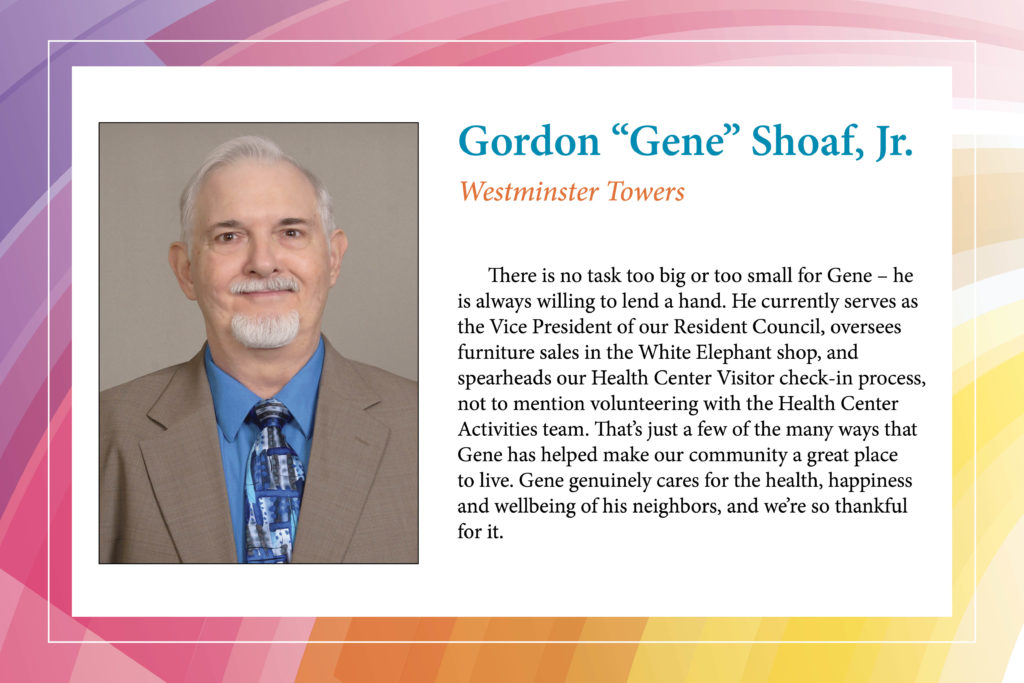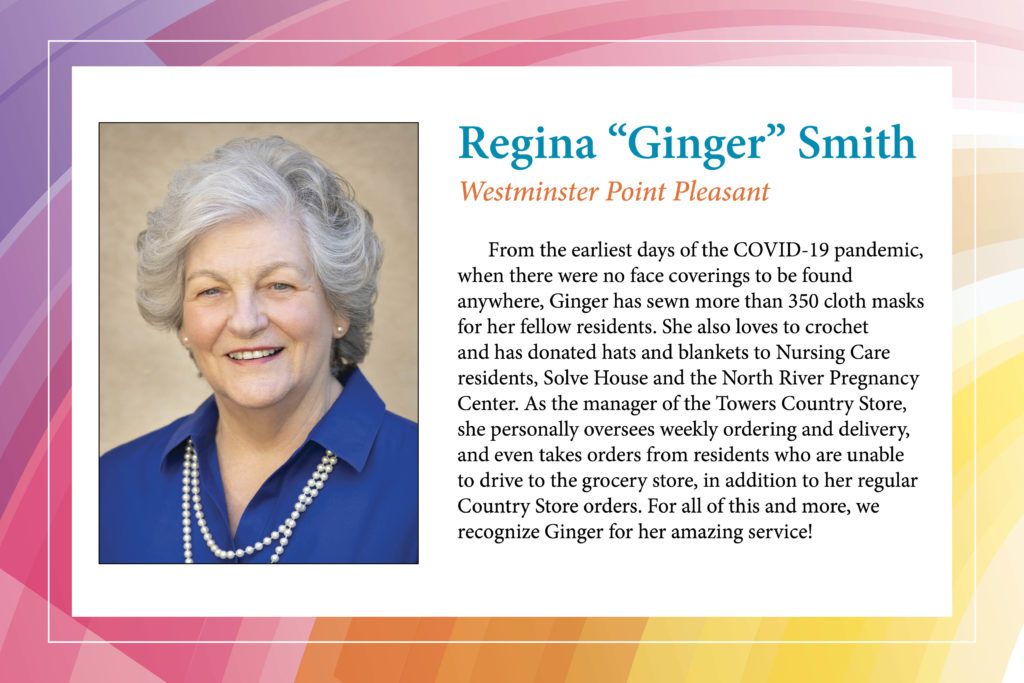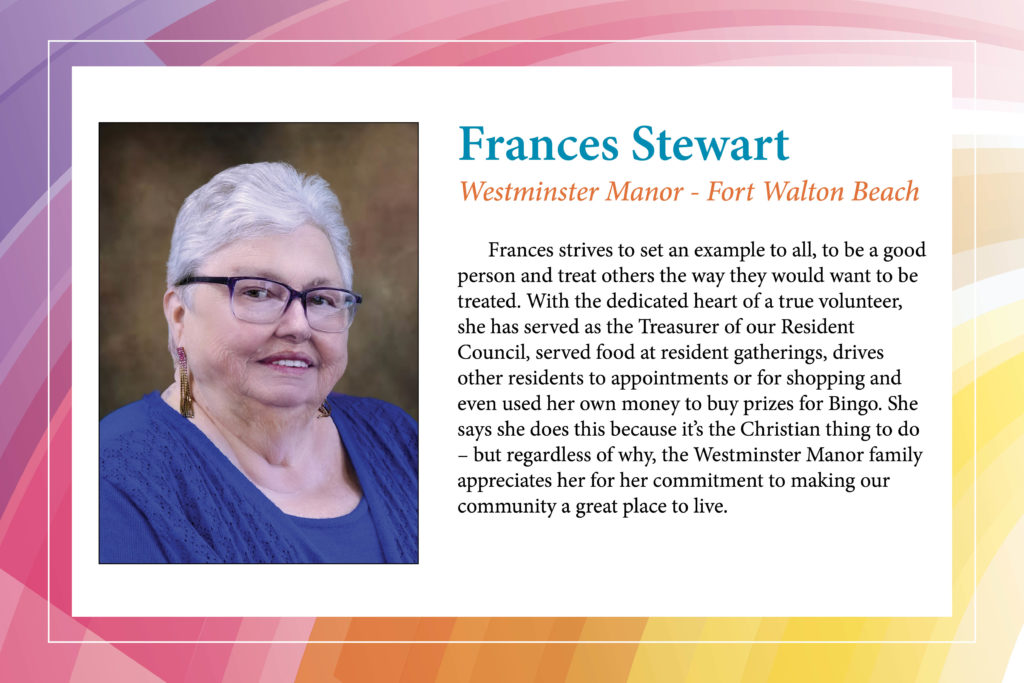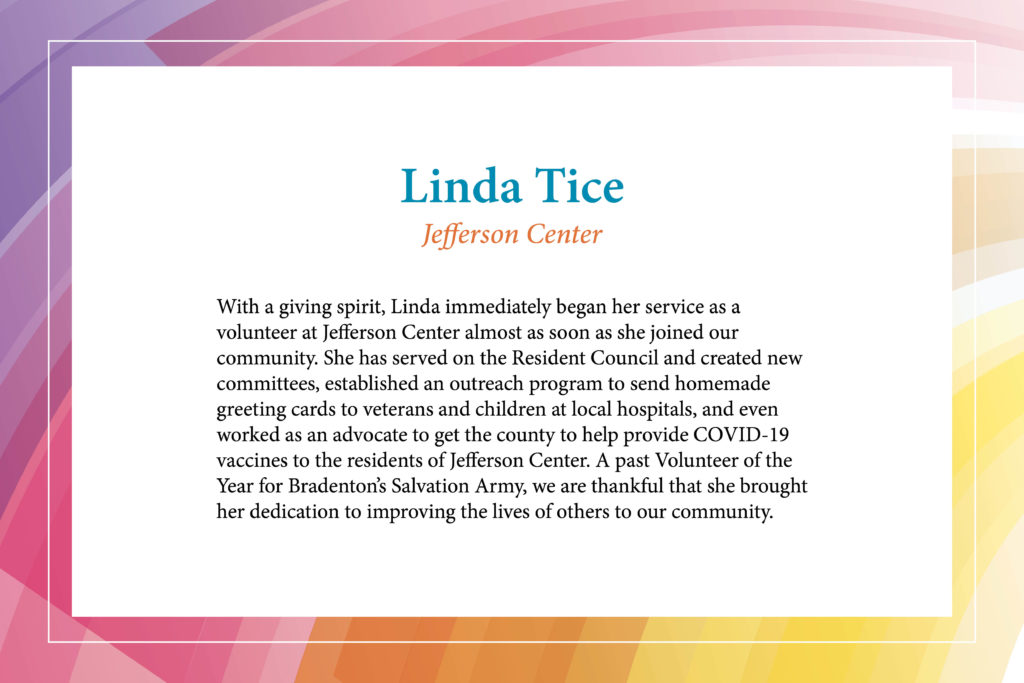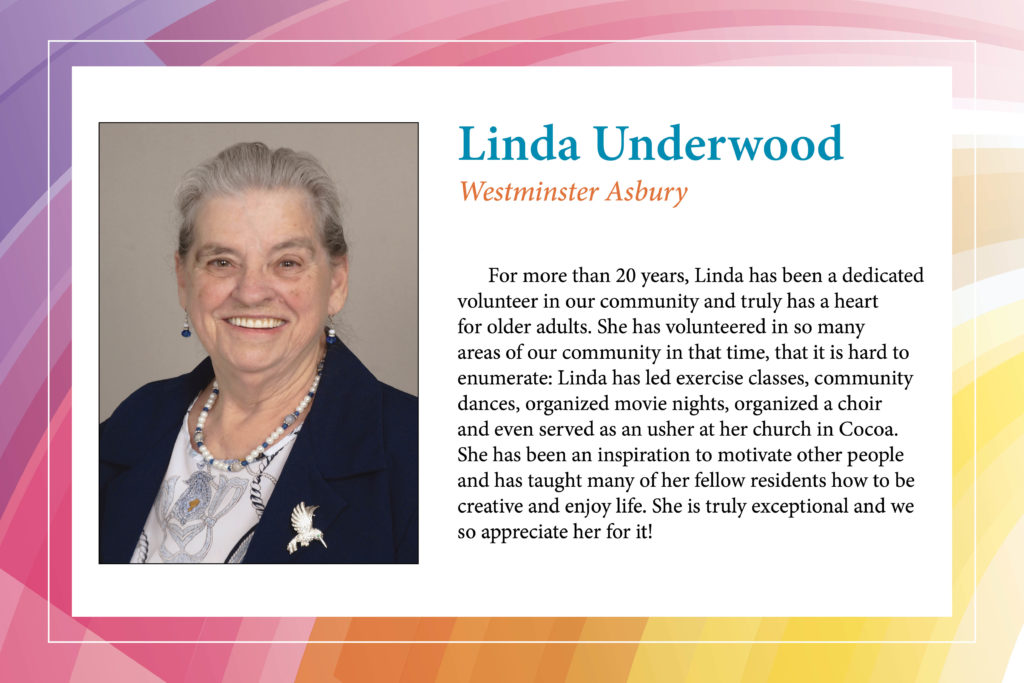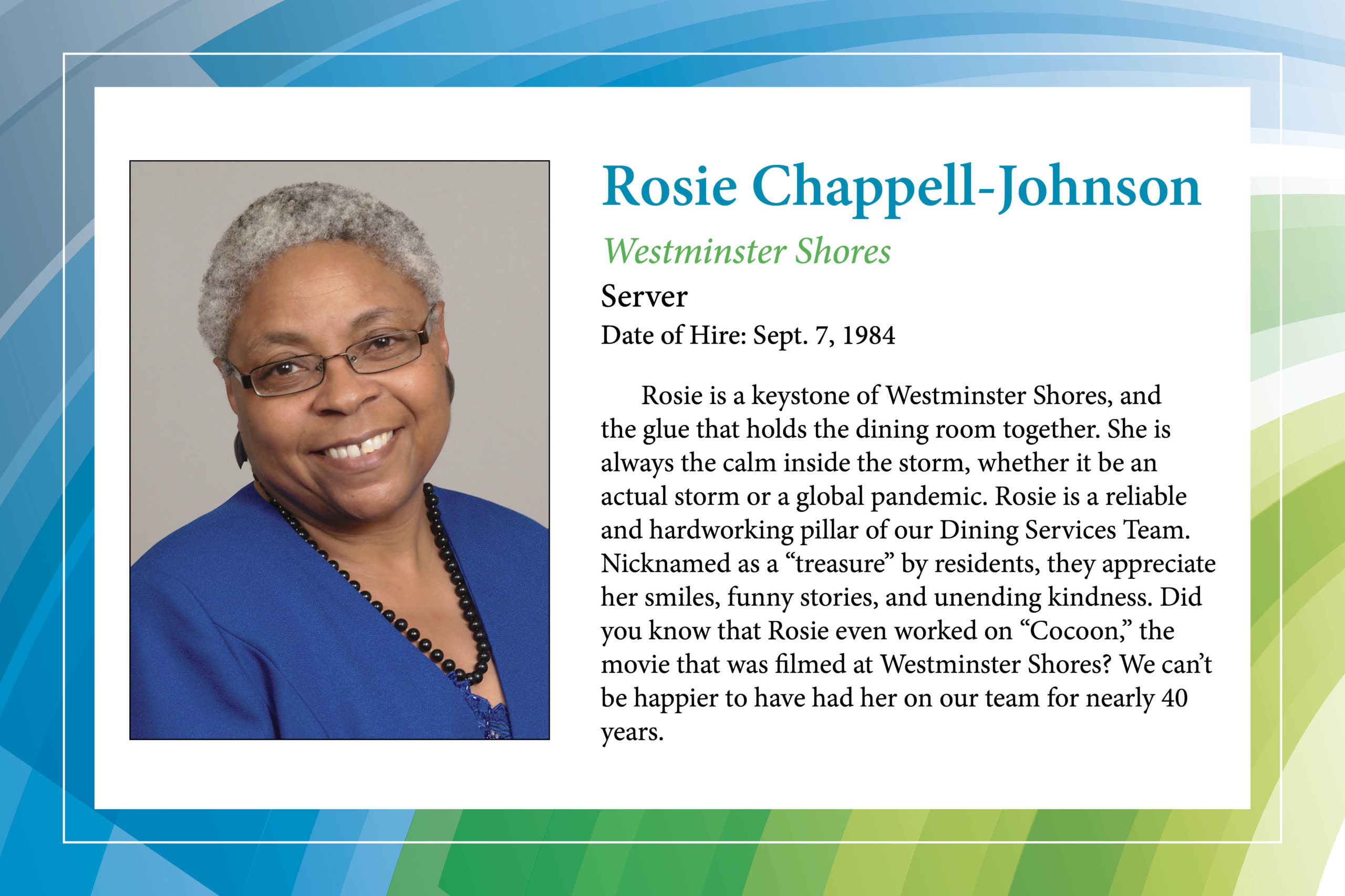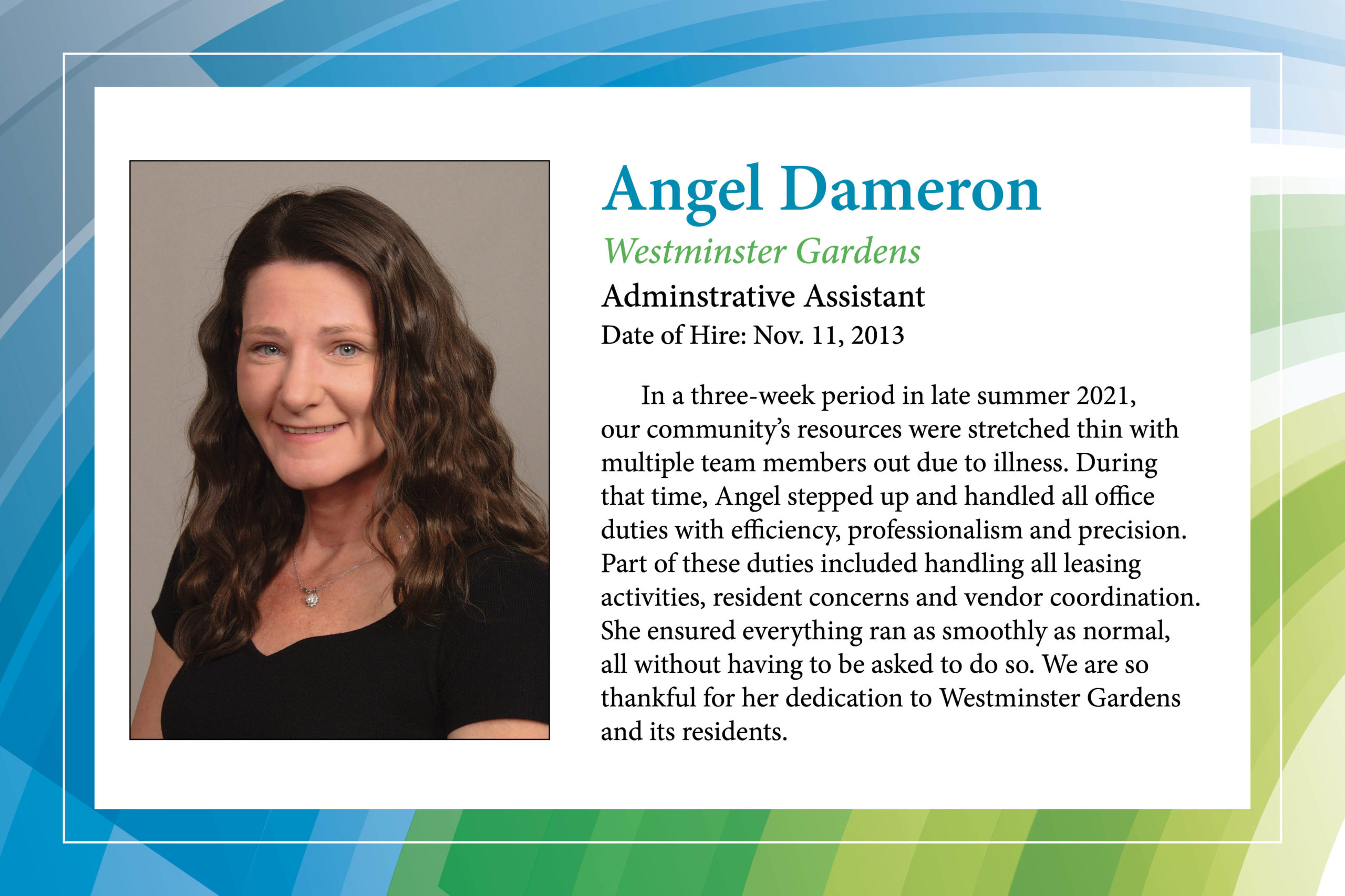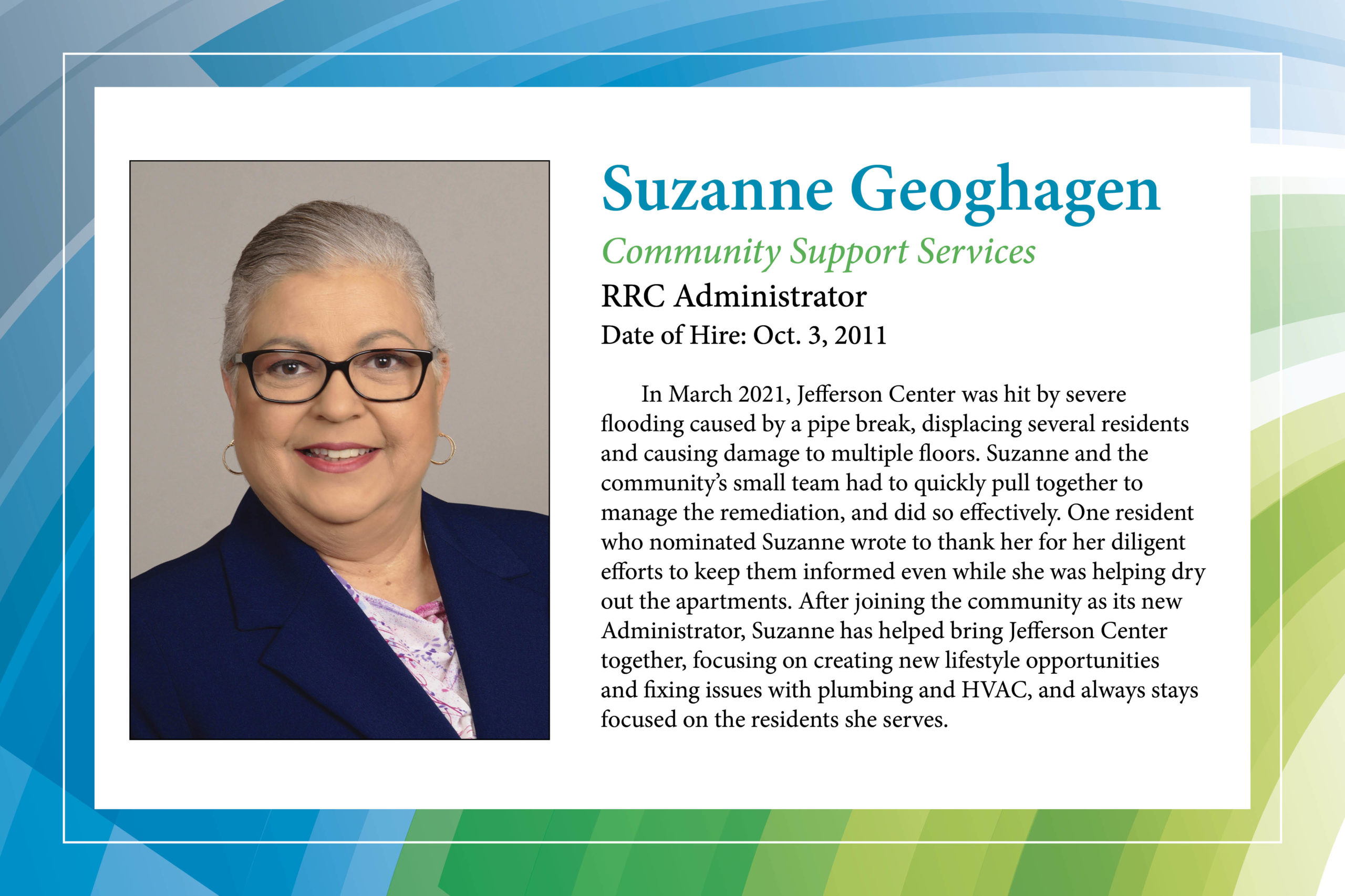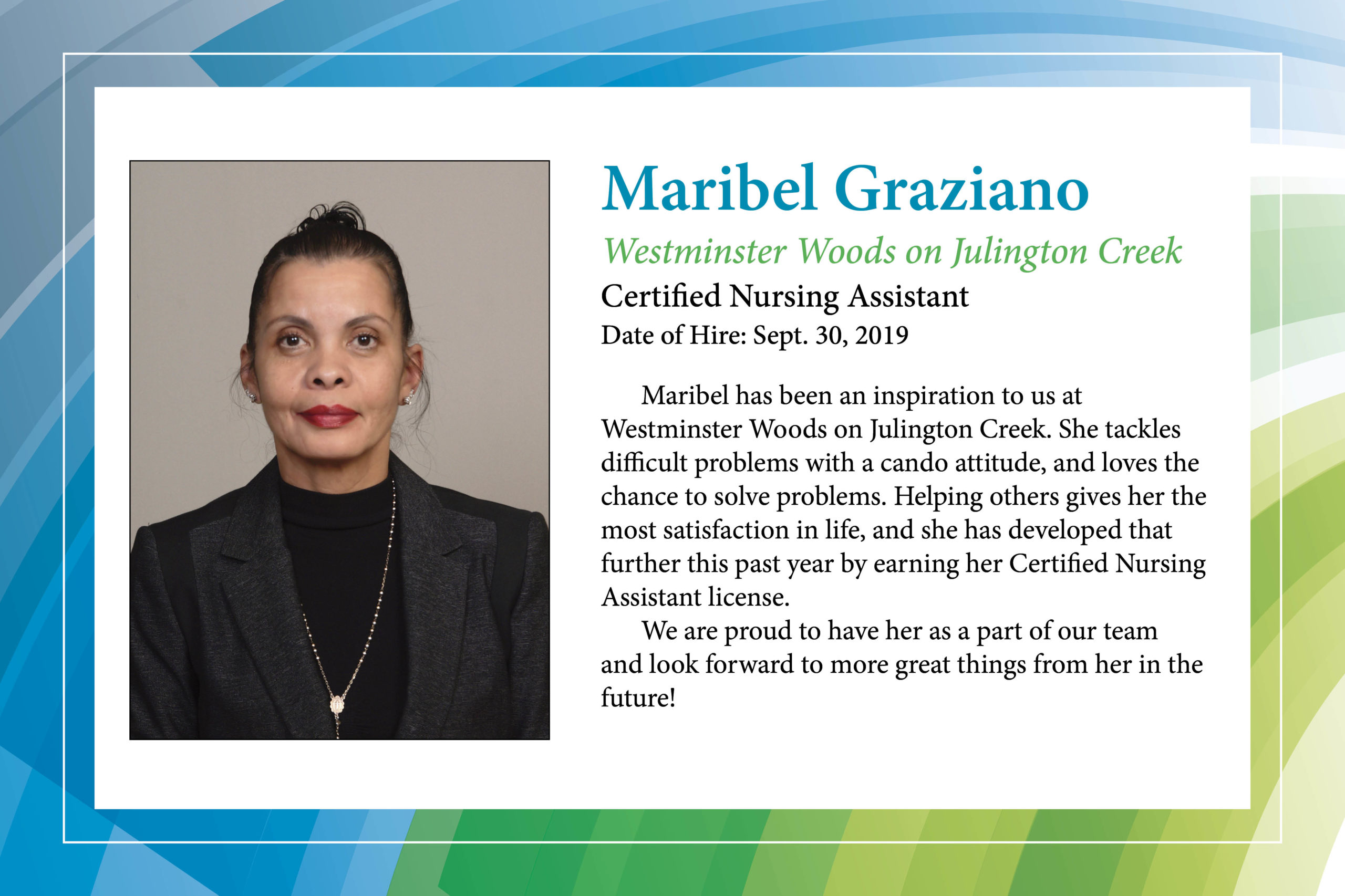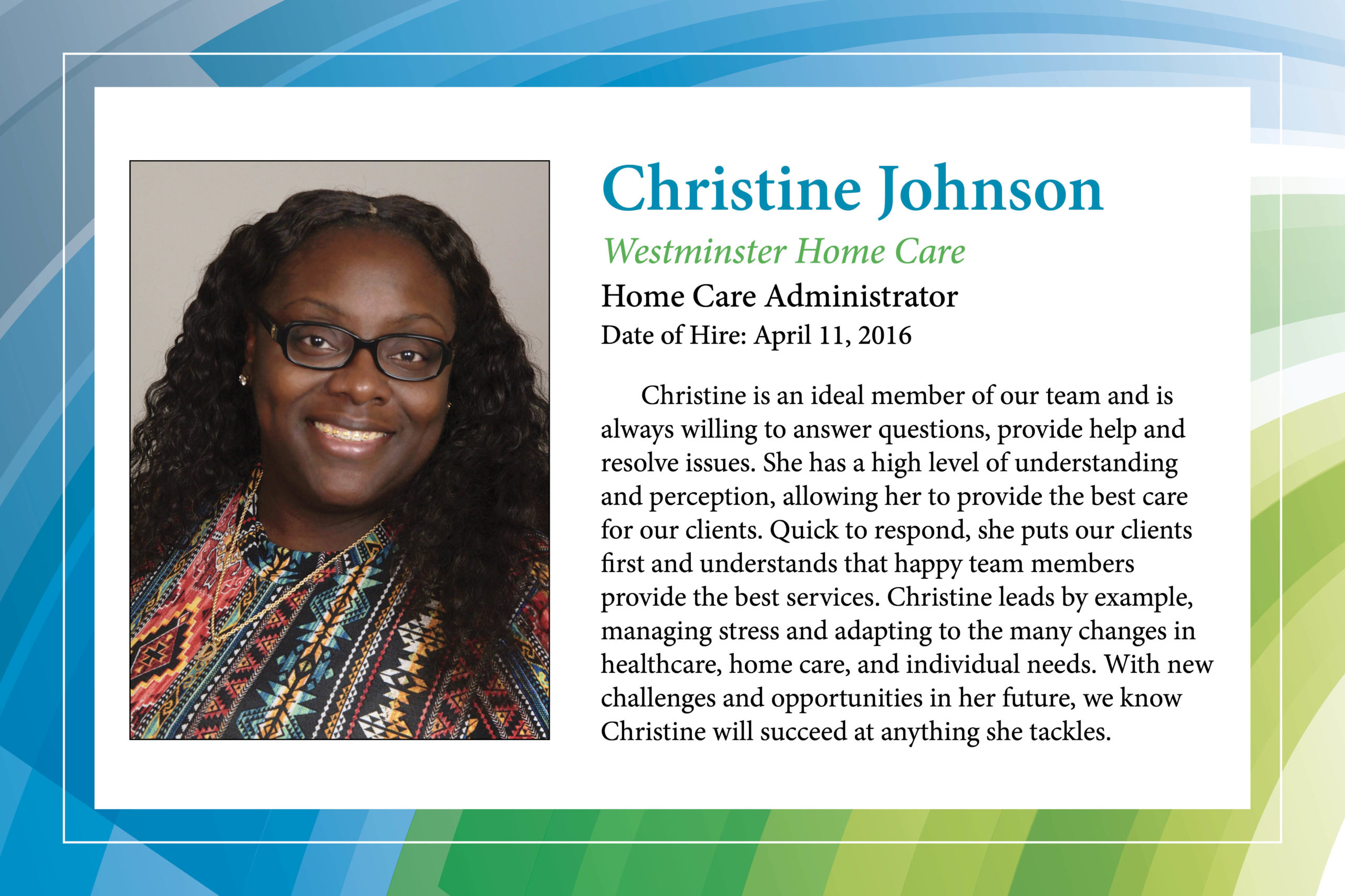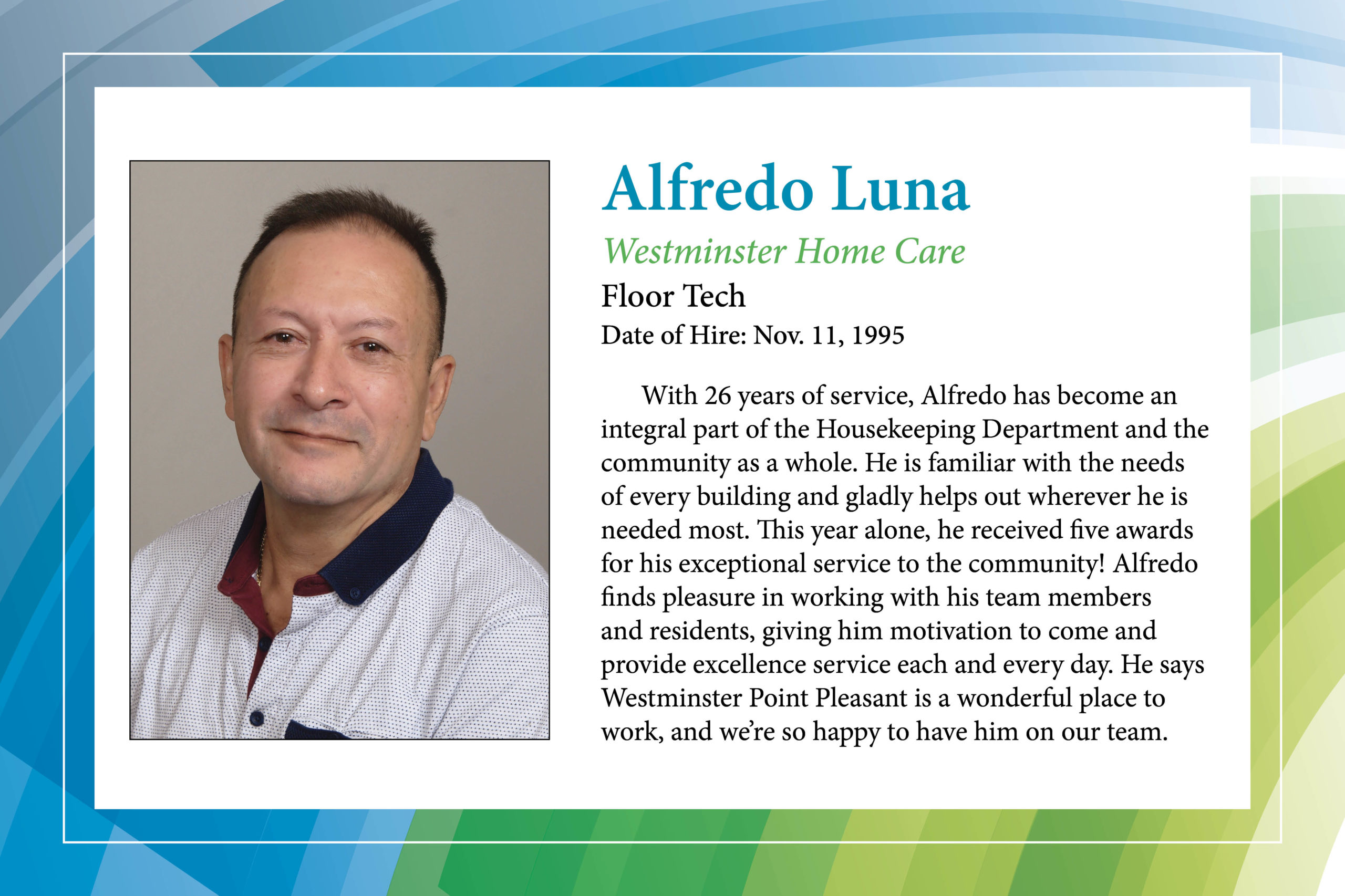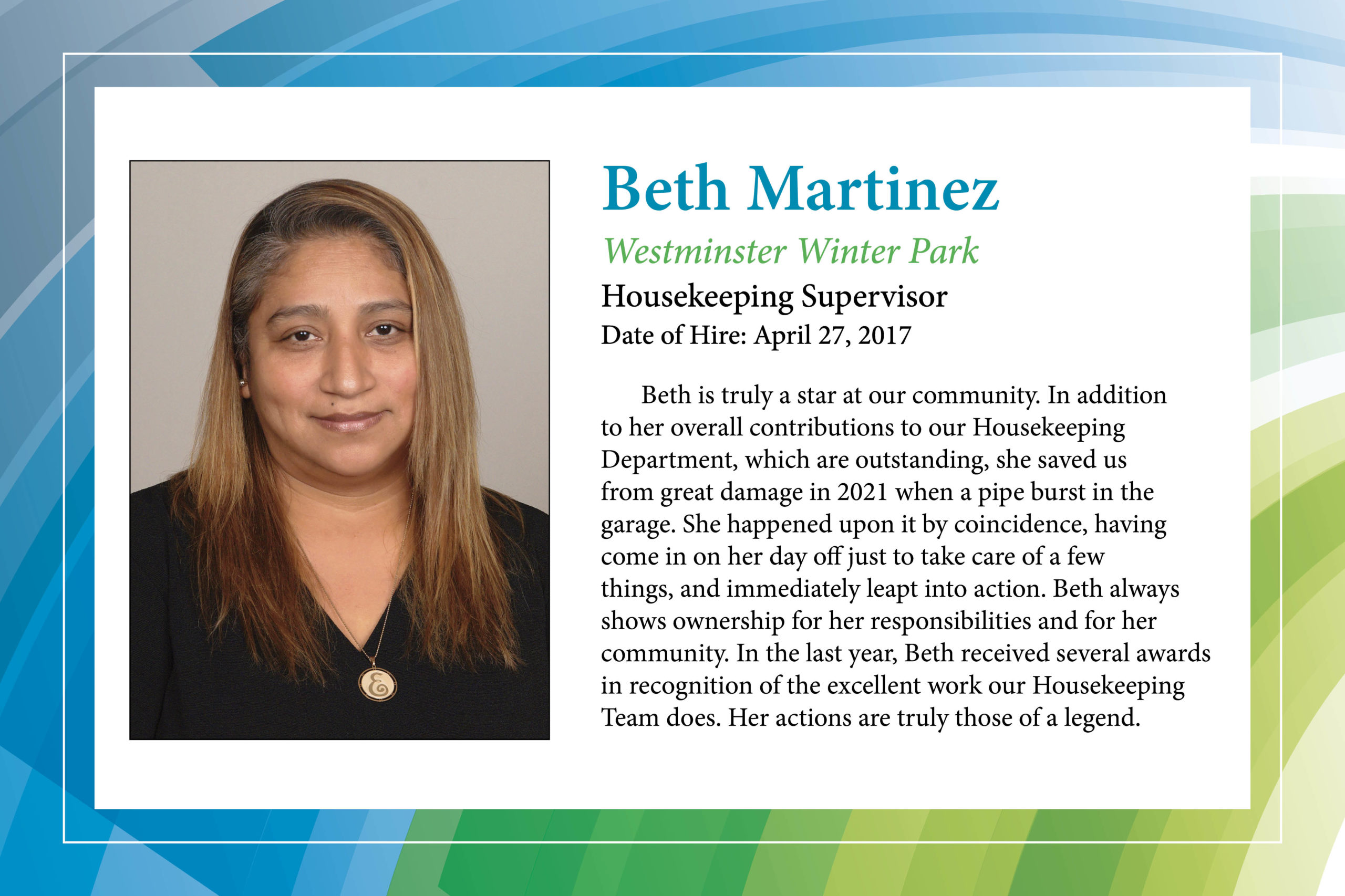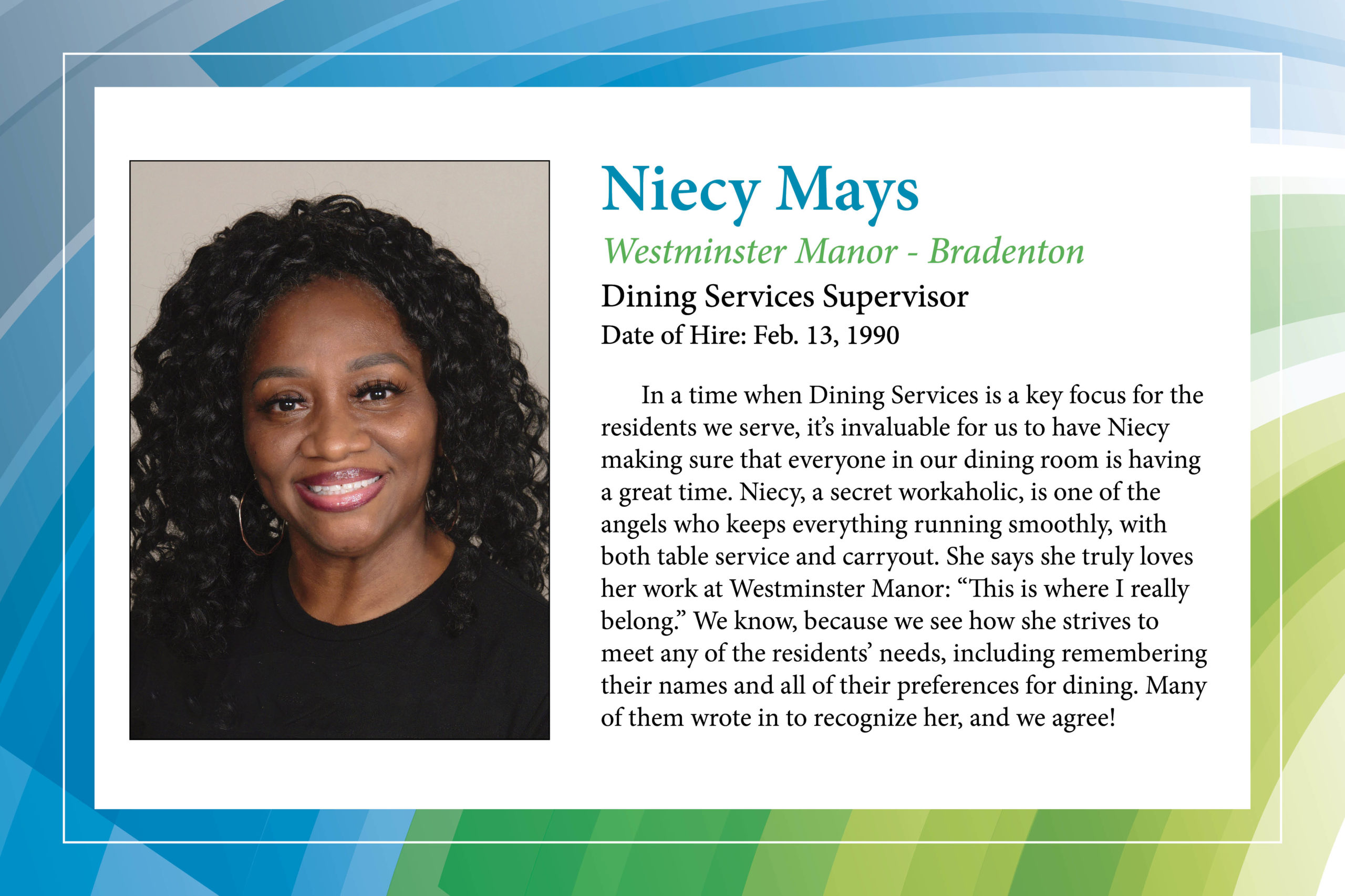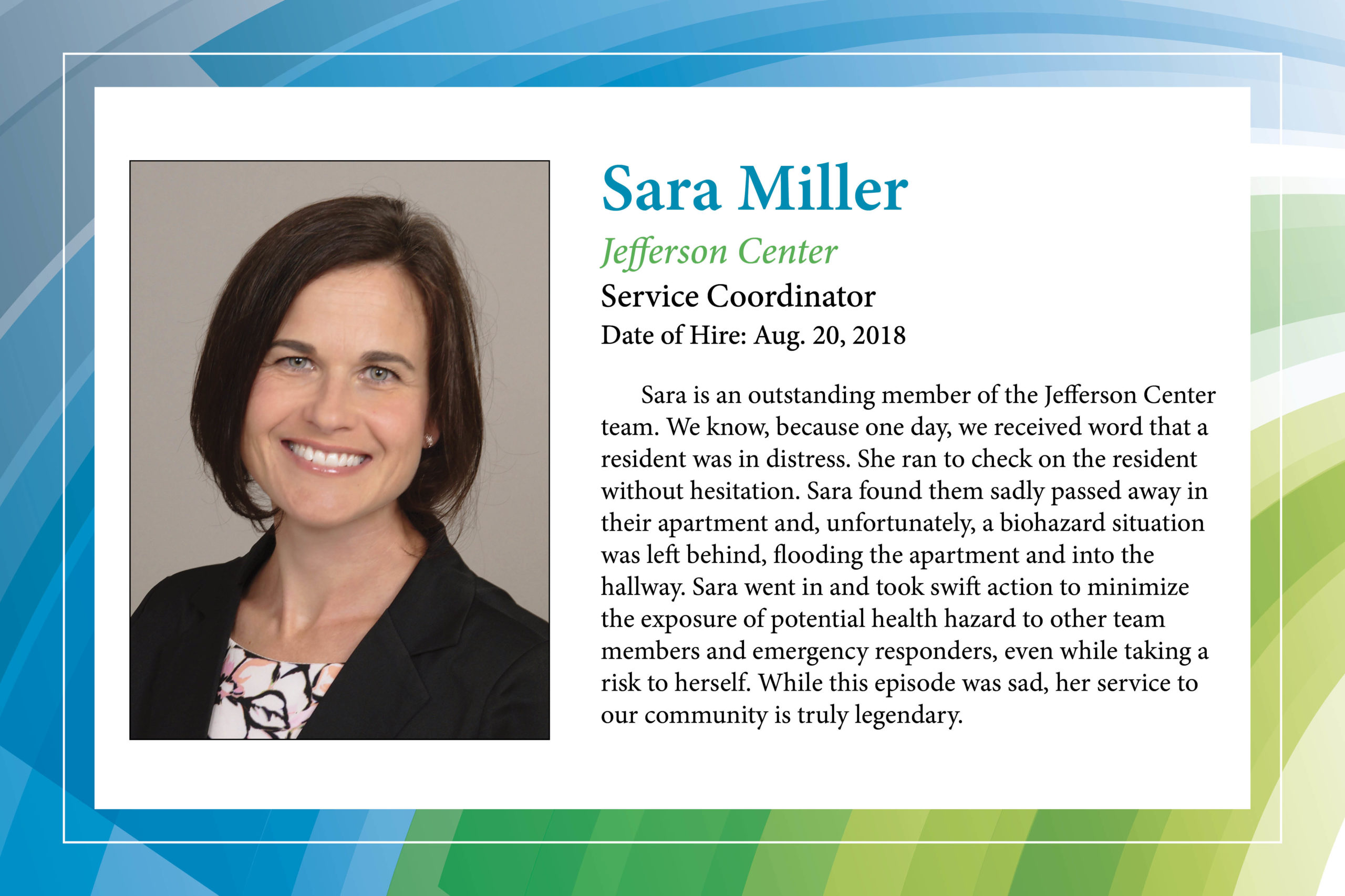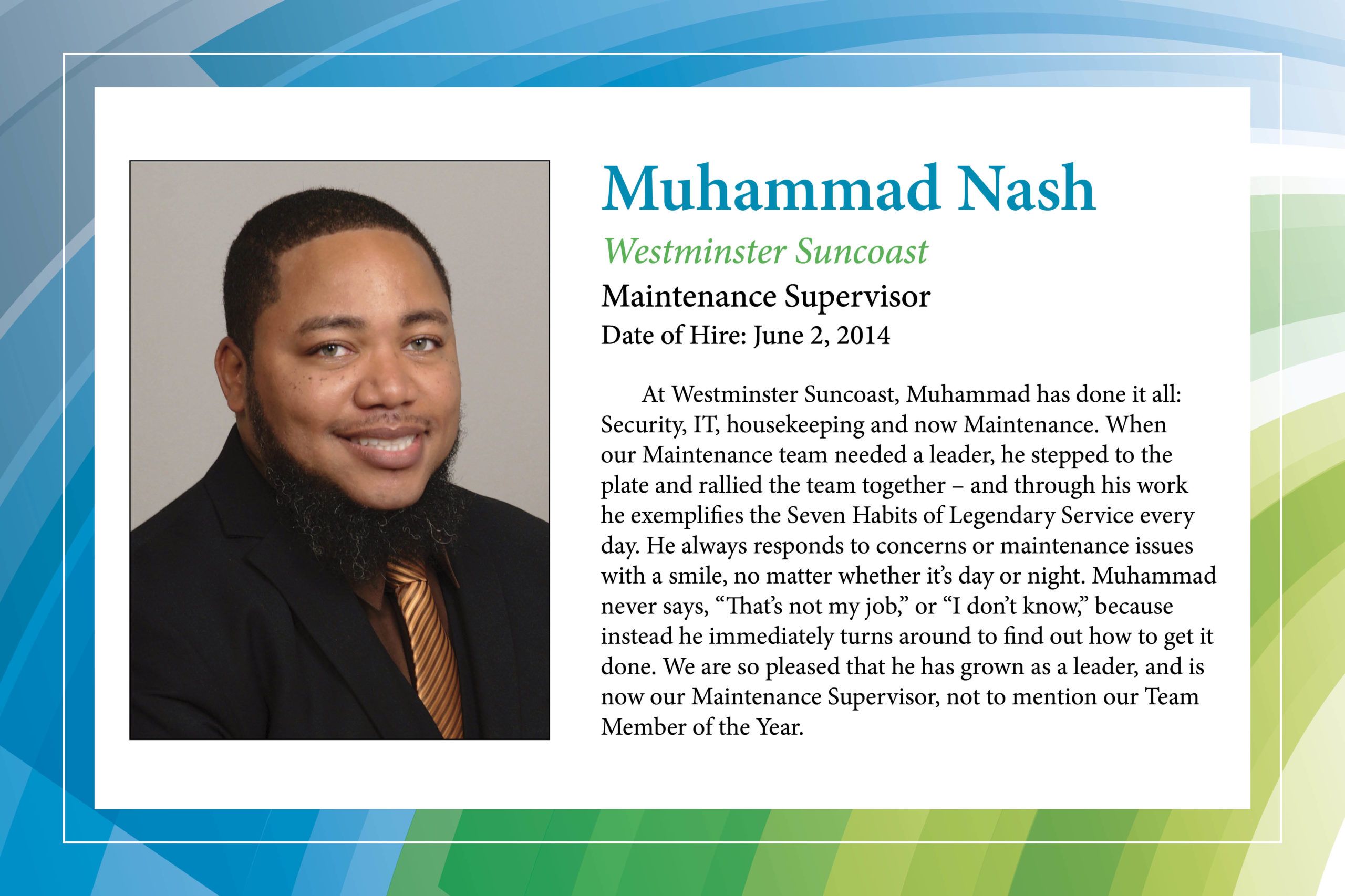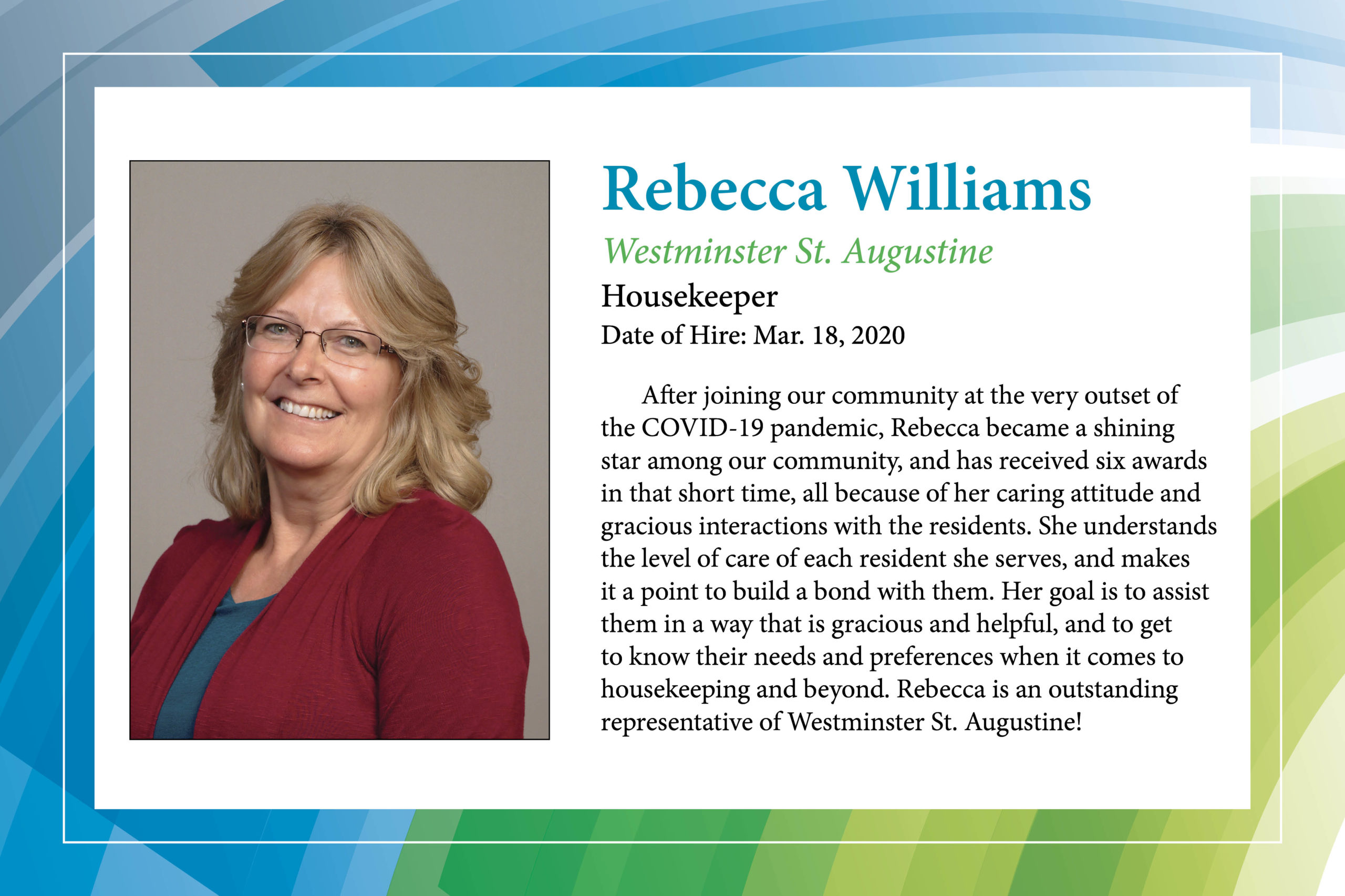When a loved one develops Alzheimer’s, wandering can become a significant concern. The Alzheimer’s Association estimates that up to 60% of those with dementia will wander at some point. Unfortunately, wandering can increase a senior’s risk of falling, injuring themselves, or experiencing illness due to elemental exposure.
The only way to ensure your loved one doesn’t wander and injure themselves or others is to provide full-time supervision. Orlando retirement communities can offer a comfortable, home-like setting while providing the necessary security to keep those with dementia safe.
If you care for your loved one who’s experiencing dementia at home, there are technologies and strategies to reduce the occurrence of wandering. And if they do wander, they will be more likely to return home safely.
Prepare Your Home
You can take steps to deter your loved one with dementia from leaving your house unsupervised. These steps include:
- Installing door and window locks and alarms
- Hiding keys, purses, and wallets
- Camouflaging doors that lead outside
- Labeling interior doors to explain the purpose of each room
Many of those with Alzheimer’s may wander outdoors looking for a kitchen or bathroom. Labeling the interior doors to show the available rooms clearly can reduce outdoor wandering and provide a safe indoor space.
Reduce Confusion
Overstimulation can increase confusion in those with dementia. Loud noises, chaos, and new environments can lead to agitation, causing your loved one to feel like they need to escape the situation. Instead, try to create a calm, soothing atmosphere, especially during times of day when they’re more prone to wandering.
Plan Ahead
Preparing for your loved one to wander can ensure they return home quickly and safely. You can mitigate the dangers and locate your senior before they get too far or experience an injury by:
- Asking your neighbors to call you if they see the person wandering
- Keeping a recent photo in case you need to contact the police
- List places where your loved one may go while wandering
- Buy your senior a wearable GPS tracking device
The Alzheimer’s Association’s Safe Return program, formed in partnership with the MedicAlert Foundation, can help you quickly track down your loved one if they’ve wandered away. Consider enrolling them in this nationwide emergency response service.
Consider Orlando Retirement Communities
At some point, your loved one will require full-time supervision, especially if they develop a habit of wandering. Unfortunately, most caregivers aren’t capable of providing that level of care.
Facilities providing memory care in Orlando can support those with Alzheimer’s and other forms of dementia by providing them with support and security at all times.




